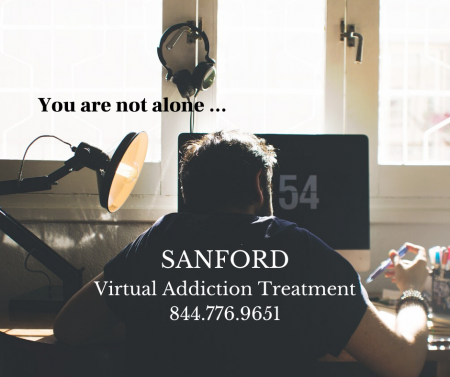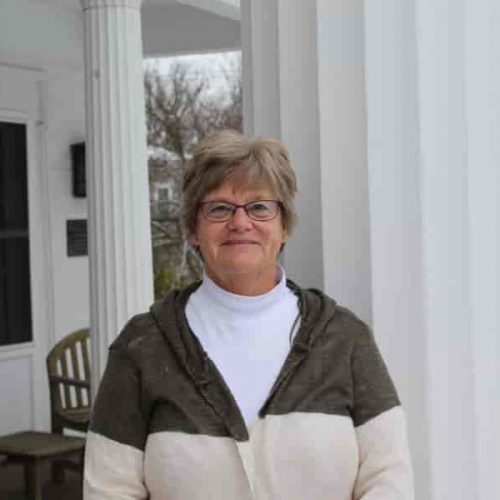Sheltering at Home with a Substance Misusing Loved One?

Behind closed doors with a substance misusing loved one …
So, all these weeks of staying at home have answered those nagging questions in the back of your mind about a loved one’s behavior changes. Your spouse, significant other, child, friend has been misusing a substance of some sort and likely has a substance use disorder (SUD).
Substance Misusing Loved One …
Everyone is stressed and out of sorts during the stay at home orders. And people do use addictive substances to ease anxiety. But, the close conditions have shined a light on what you have suspected for a while. The revelations go something like this. That’s how come her mood changes after she’s taken a walk alone. Now I get why he sleeps so much. This is why they keep themselves away from us by staying alone in their room…. The money that’s gone from our account – this could explain things!
OMG, what do I do now? And we’re still stuck here with a substance misusing loved one for several more weeks!
First of all, congratulations on putting the puzzle pieces together. Addiction is hard to spot and identify when it first presents as an interruption to “family” life. As an invested party, you can see a loved one changing, but you can’t identify what is causing the changes. And you certainly don’t feel like you can talk about things with that loved one for fear of causing more disruption.
This is not the time to blame yourself about what you have done or not done to cause this problem. It is an opportunity to engage in behaviors that will strengthen your ability to cope and increase the likelihood that your loved one will seek evaluation and treatment.
Here is some information that family members have found helpful when dealing with a substance misusing loved one (especially germane at this time).
Write it down.
Right now, take a deep breath and then start to write down the behaviors you observed that lead you to believe your loved one may have an SUD. Also, write down your feelings and thoughts about those behaviors and how you view them. Keep notes in a safe place and start journaling your thoughts and feelings daily.
Talk to a trusted friend.
Next, talk to a trusted person in your life about what you believe you are dealing with in your family. Keep regular communication with that person and share your thoughts and feelings. Telephone, Zoom, Hangout, email or text, but do not keep the secret!
Learn about the disease of addiction.
Learning about addictive disease is a significant step in the process. It is essential to understand the accurate facts about addiction and allow your behaviors to be guided by these facts. Read other articles on family recovery. Find resources for virtual meetings and information on addiction and recovery. Or cruise the internet for articles on “enabling” and “boundary setting”. You can order books online too. A couple of great resources are Addict in the House by Robin Barnett and The Recovery Book by Al Mooney.
Misuse and the Disease of Addiction
Before you start reading about substance use disorders, it is important to know that many people are surprised by the facts about SUDs. We know from research, that addiction is a brain disease. And the structure and function of the brain is changed by the addictive process. We know that genetic factors, along with social and psychosocial factors influence the likelihood of someone developing an SUD.
National health organizations have identified substance use disorder as a complex chronic disease. This means that the disease of addiction cannot be cured, but it can be managed. Addictive disease is progressive, meaning the symptoms worsen over time and can be fatal for some people. These are just some of the facts you will be introduced to as you move through the reading.
This also means, family members do not cause the disease to occur in their loved ones and they can not fix the disease in their loved ones! Family members and friends can; however, influence a loved one experiencing an addictive disease. When family and friends stop personalizing the disease, positive change can occur for the person with an SUD and others close to that person.
Seek help for yourself.
Sharing your concerns with a trusted friend ends the secret keeping. But you must also seek help for yourself, from formal and informal supports. Virtual treatment for those with SUDs and their support system/family members is insurance eligible. And a call to your local 12-step organizations could connect you with online meetings for family members of people with SUDs . There is also a group called Smart Recovery that has information and support available to family members of people with addictive disease.
The Sanford Library of Virtual Resources
It is best to follow the above steps prior to engaging in conversation with the loved one who is misusing drugs or alcohol. This is an emotionally charged issue for everyone involved and effective timing and planning are required for the best outcomes.
Sanford Addiction Treatment Centers are here to support you and your substance misusing loved ones through the healing process from addictive disease.





